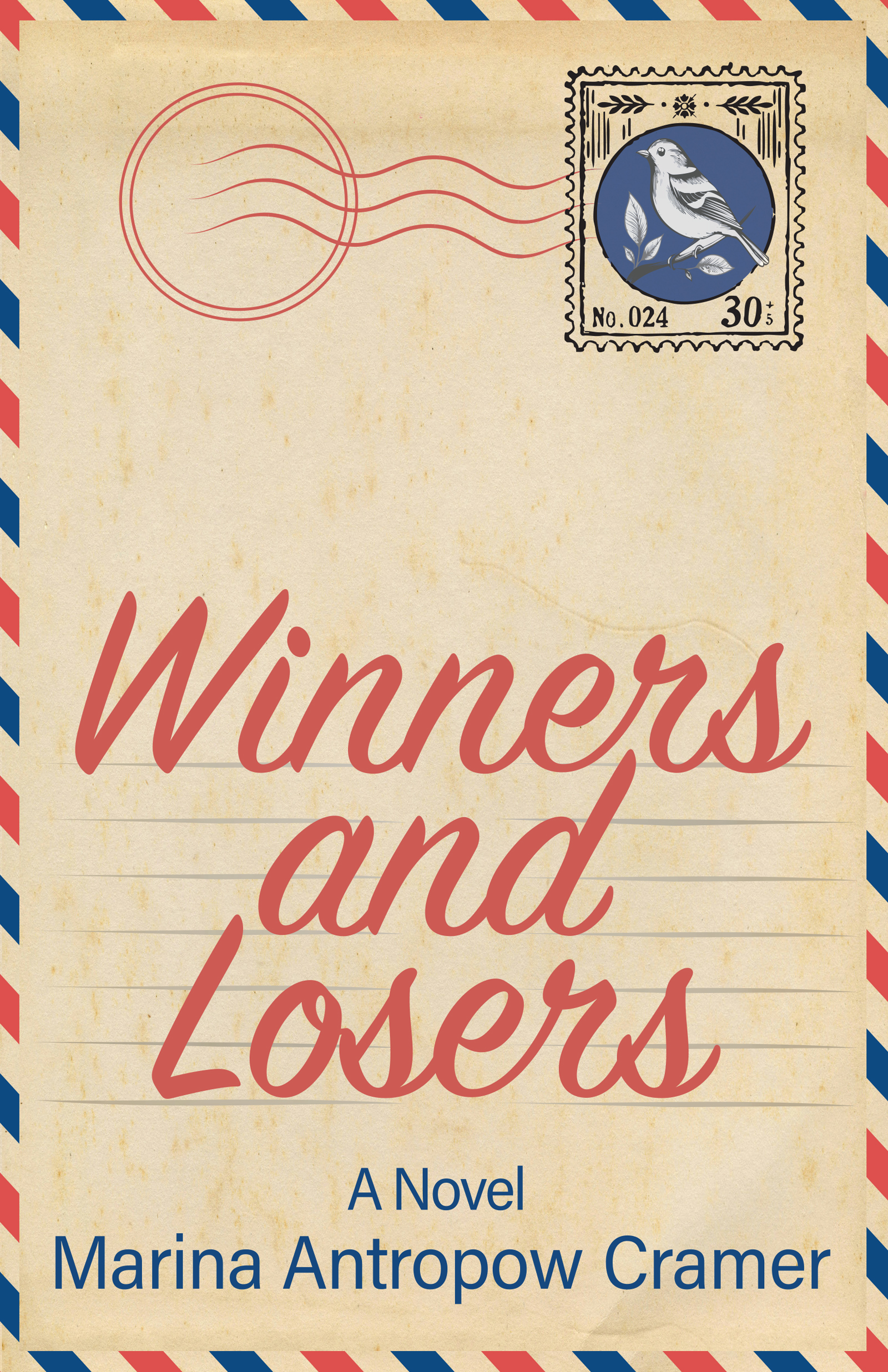Troy Roberts is the author of Next Move: My Terrible, Wonderful, Bipolar Life, his first book. Raised in a Baltimore family with mob ties, he grew up in a tumultuous household, surrounded by crime, prostitution, violence and drugs, often escaping with his mother and sister to his grandparent’s home near Savannah, Georgia. As an early teen, he fell under the thrall of the Jehovah’s Witnesses, but by the time he was in his late teens he found another, far more powerful obsession: chess. Despite an almost crippling affliction of bipolar inherited from both sides of his family, he managed to rise from his circumstances and become a top-rated U.S. chess player, achieving the rank of Life Master. Professionally, he was the brains behind the rise of high-end designer hardware and plumbing fixtures in big box retailers such as Lowe’s and Home Depot. He calls Baltimore home and lives in the area with his wife and daughter. He still plays and teaches chess.
Q: So, your book is a memoir, what was it like reflecting back on your life as you were going through the writing process?
A: It is like watching a movie about someone else’s life, only I am able to know what comes next. I really feel detached in some way.
Q: With chess being such a big part of your life, what is your first memory of it?
A: My first memory of chess was reading an article in the Baltimore Sun about the upcoming World Championship Match between Bobby Fischer and Boris Spassky in 1972. After reading the article, I wanted to learn chess and become great at it.
Q: How did you realize that chess positively impacted your life as a coping mechanism for bipolar disorder?
A: People with bipolar disorder sometimes have a great capacity for hyper focusing on something. With me it was hyper focusing on chess. This kept me from self-medicating by using drugs, alcohol, or taking a path in life that could be totally self-destructive.
Q: What do you want readers to get out of you book?
A: I would like people to know that having a terrible childhood does not have to determine your future. If you do not understand your irrational behavior, seek help. If you are diagnosed with bipolar disorder, know that you can still have a full life by taking advantage of today’s medicine and therapy.
Q: How do you feel about publishing your first book?
A: I have been thinking of writing my story for over 25 years. To have finally written it, and have my story published is beyond my wildest imagination.
Q: Did you face any challenges while working on the book?
A: With a full-time job, family life, teaching classes etc. making the time to actually write was challenging. After finishing the book, trying to find an agent to work with was daunting. I contacted over 400 literary agents. Sixteen requested my book proposal. Only one would be willing to sign me, with the caveat I would need to make major revisions, which I was unwilling to do.
Q: Your novel reads in such a friendly, light-hearted, humorous way. Was this a conscious writing decision on your part or is that something that just evolved naturally?
A: I wrote the book just like I was telling my story to my friend. I have a humorous side to my personality and I am glad that it shines through.
Q: How was the initial response from your readers?
A: Many people that have read the book are amazed that it’s a true story. Quite a few times I have had the response to reading my book as if someone saying, ‘holy shit what a story!’
Q: You currently work as a sales representative, has that made the promotional process of the book easier for you at all?
A: Not really. Perhaps it may help if I need public speaking. I am not technologically savvy, and today you need to use every social media platform to promote a book, so far this has not entailed the use of y sales skills.
Q: Now, I read that you still not only play chess, but also teach it in Baltimore still; what is that like to share your passion for an activity that has impacted your life so much with others?
A: I fell that I am an ambassador of chess. I like to share the love I have for chess with my students and try to instill a love for the game in them. I do this by showing them the beauty of chess as an art with the hope that they will not think of chess as only winning or losing but as a path to create something lasting.

